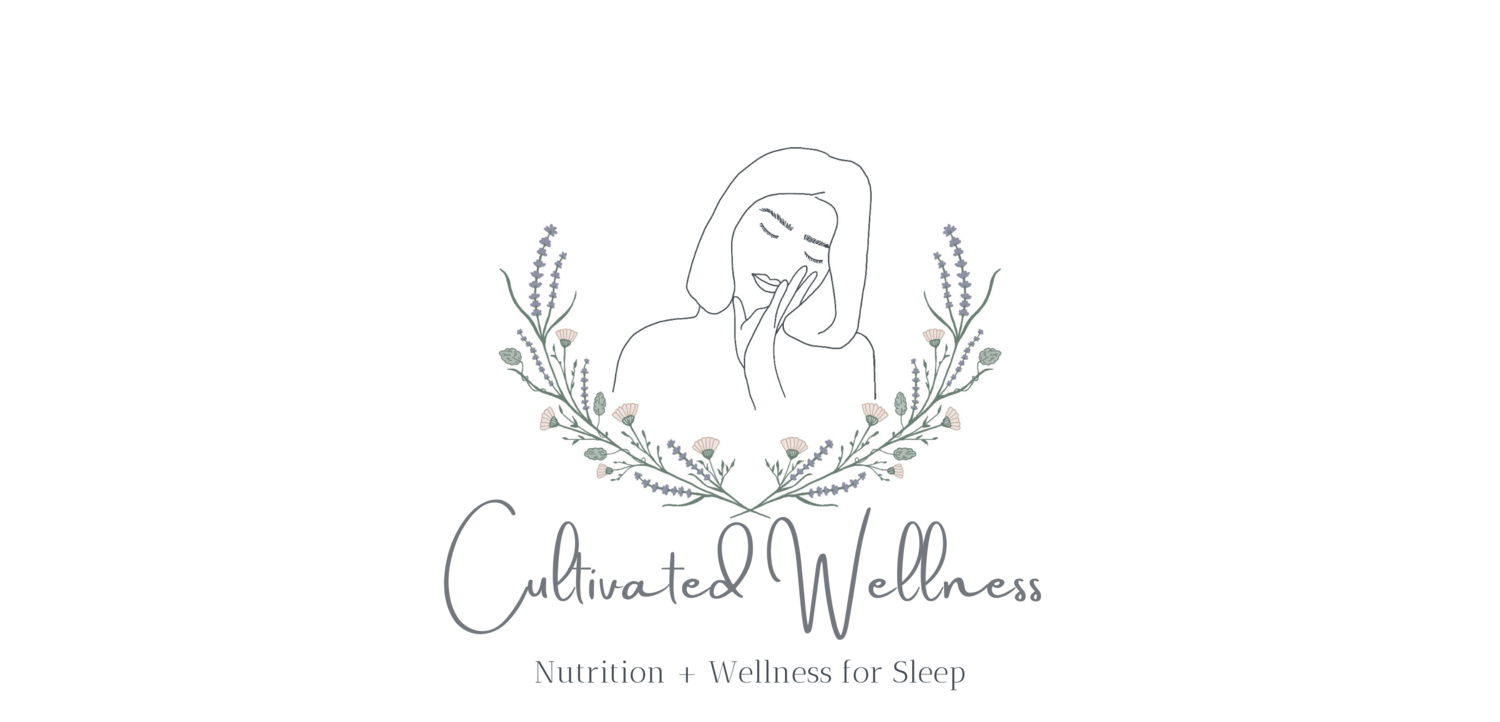Happy Monday, friends! I hope your weekend was everything you wanted it to be. I had some much needed relaxation time and got to pick up a shift at Pharmaca. I absolutely love my on-call position there! It’s so nice being able to work with other women that are passionate about nutrition, health, and wellness. AND the fact that it’s on-call means that if I have a client heavy day, I just pass on it. WIN!
As I was hanging out on the deck this weekend, I realized I never put a link up to the guest blog post I did for my favorite chiropractor of all time, Dr. Sharonrose Samelak at Seed of Life Chiropractic and Wellness. Dr. Sam and I met when I joined a networking group in Seattle and we clicked immediately! We nerded out over the nervous system, muscle testing, and the connection between muscles and organs.
As a massage therapist since 2001, the connection between the muscles and organs is something that I didn’t really know about until 4ish years ago. And let me tell you, after that my whole world changed! How I see each individual massage client has become way more holistic and foundational than ever. In my nutrition practice it is all about root cause. Why is a particular symptom presenting itself? I now take this same “detective work” into my massage practice with my functional massage. Why does someone have chronic headaches, tight shoulders, or low back pain? Is it postural, structural, trauma, or related to an organ being out of balance? Quite possibly it’s 2 or more. Maybe we can address some of these pieces so the body has space to balance the remaining imbalances. So, if you’re interested in learning more about how your neck and shoulders may be connected to your pancreas, please check out the guest post I did over at Seed of Life.
Also, if you’re interested in booking a functional massage, you can find the info here. If you have any questions about functional massage, please leave me a comment below!
Stay awesome,
Amber





